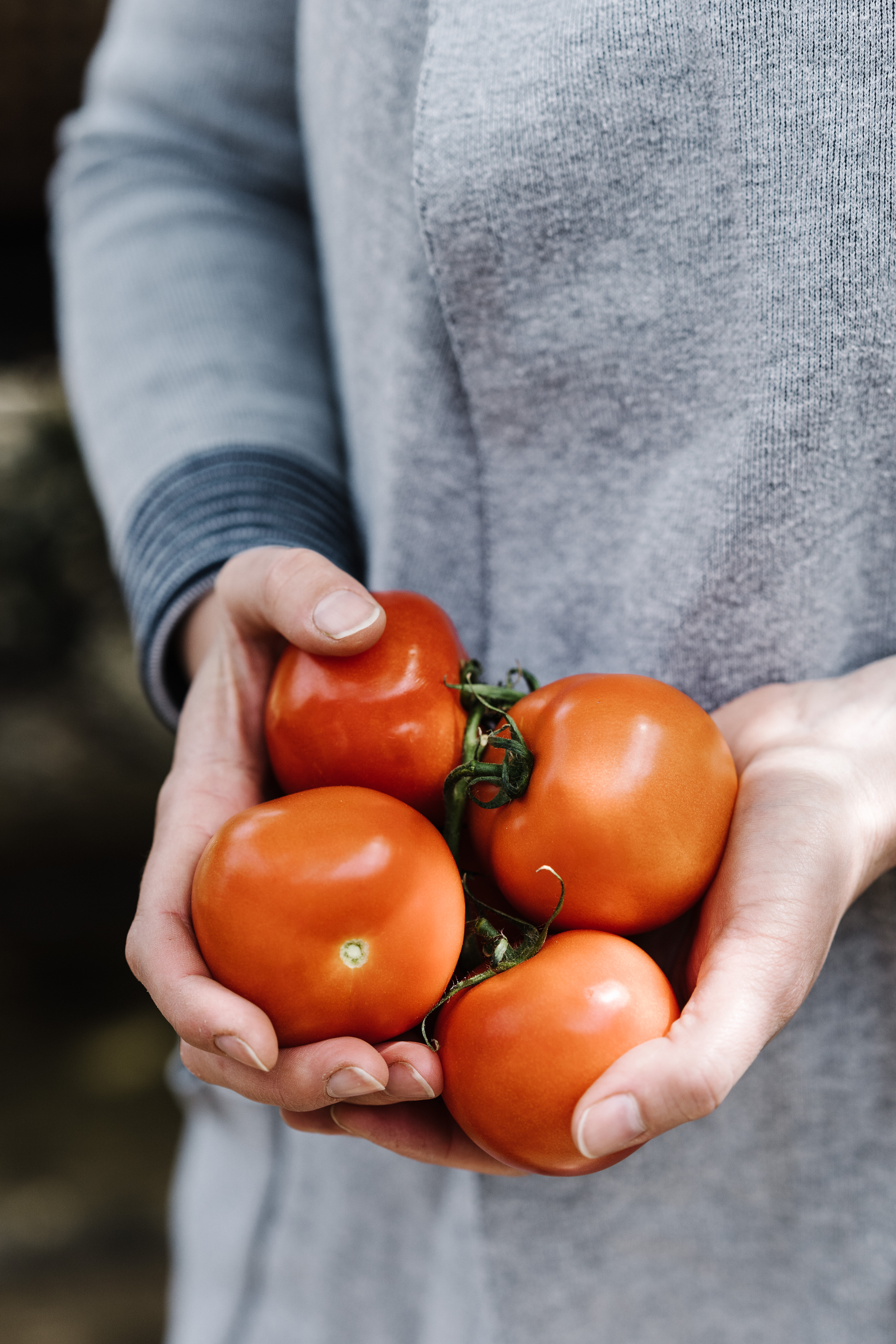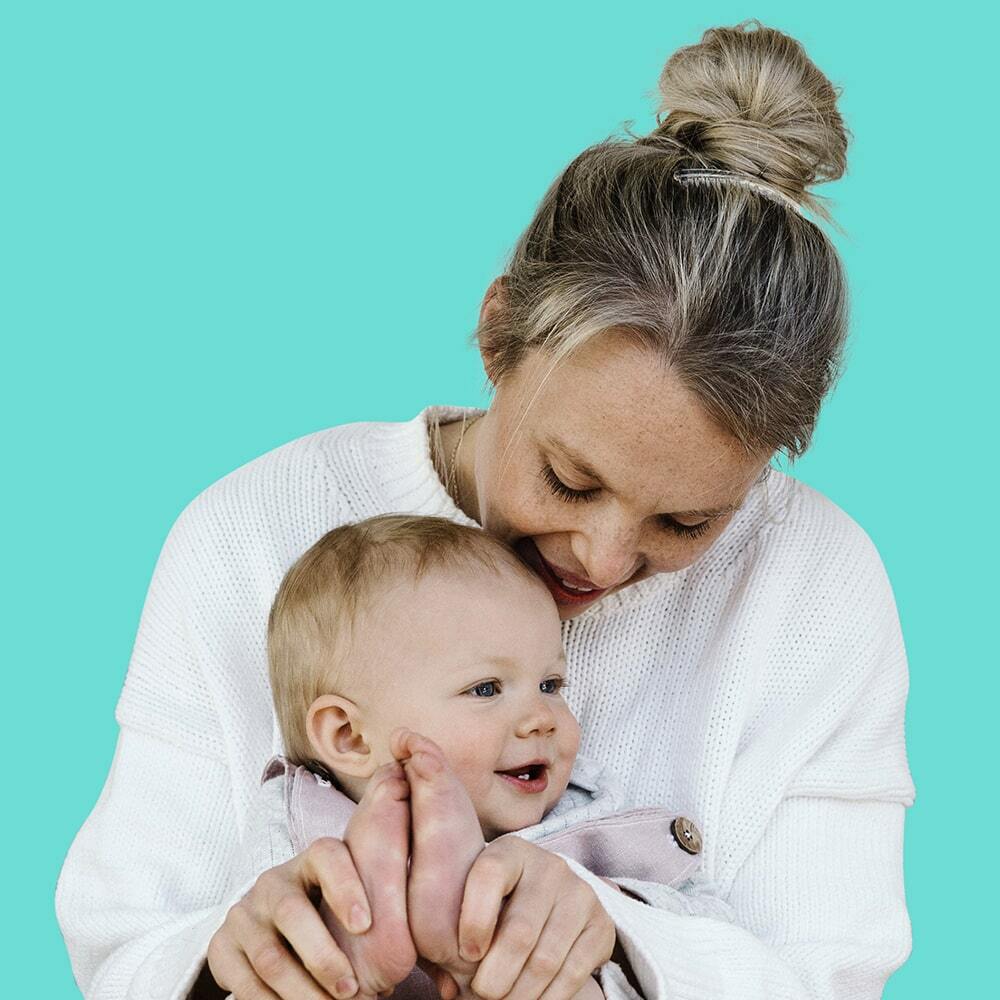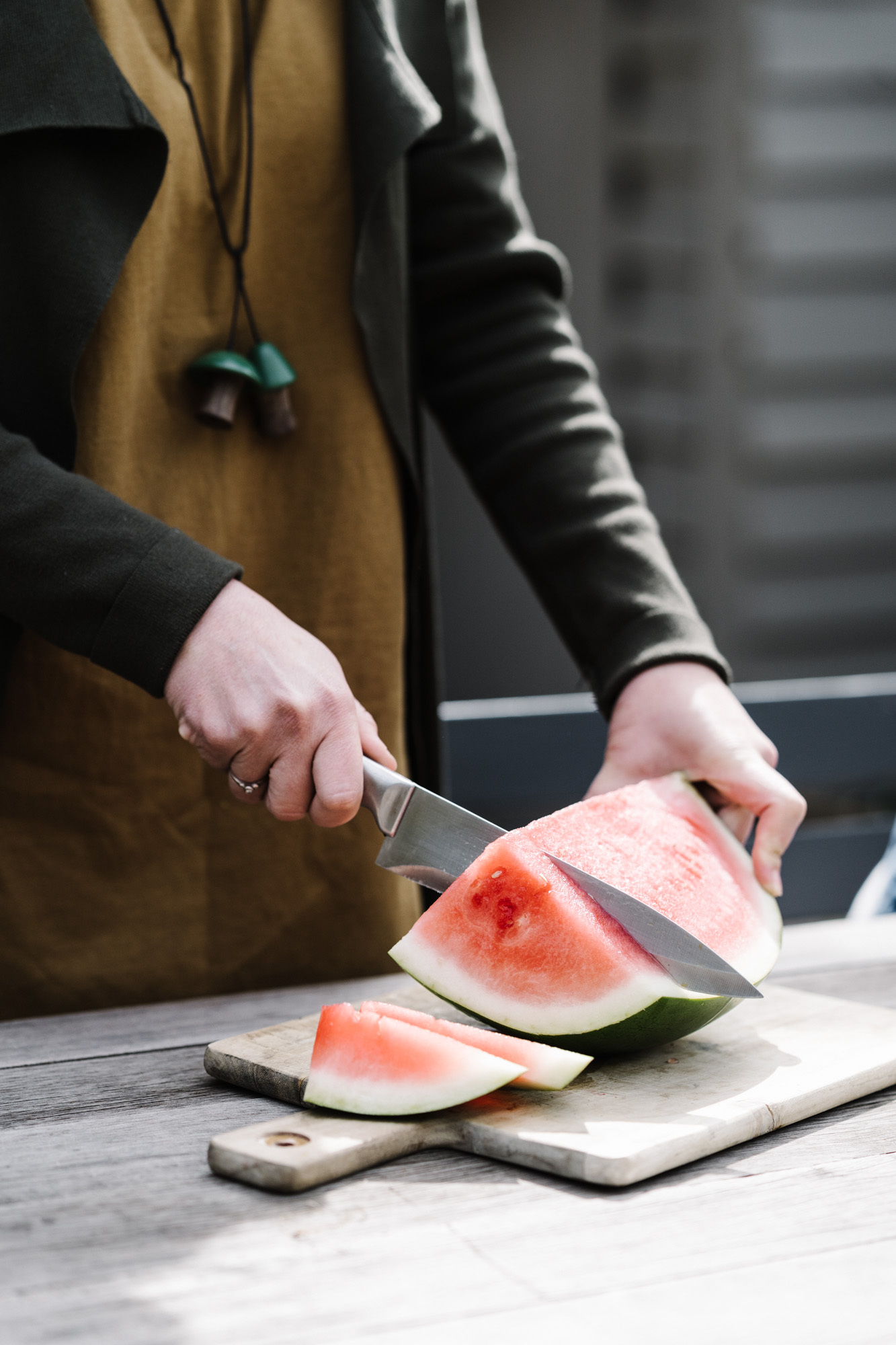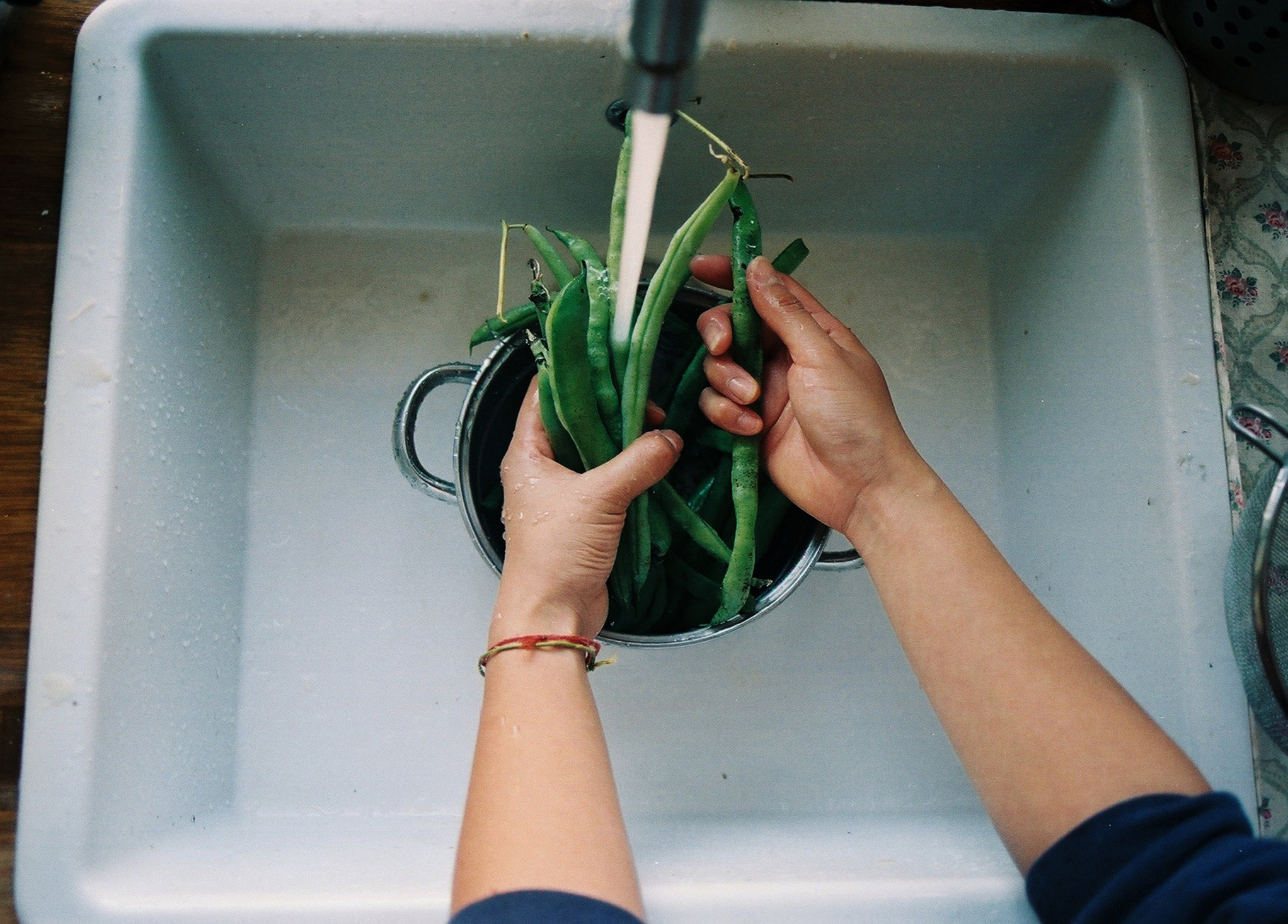Q&A with Dr Julie Vecera, leading women’s health and fertility practitioner

Tell us a little about yourself and your role as one of Australia’s leading practitioners in women’s health?
I’m a doctor of Chinese Medicine, a Nutritionist and also practice Functional Medicine – a form of alternative medicine. My passion for fertility stems from the struggles I had while trying to become pregnant. In 2010 I opened The Fertility Pod clinics (previously Bump) where we collaborate very closely with medical doctors within hospitals as well as our own clinics. Working in this way is both beneficial to patients as well as practitioners.
Tell us more about The Fertility Pod and what you offer?
At The Fertility Pod we offer acupuncture, nutrition, exercise training, counselling, massage and herbal/supplemental advice. We treat natural fertility patients, IVF patients, general gynaecological issues, autoimmune/hormonal issues, gut health as well as emotional well-being. All of our practitioners are leaders in their fields.
How important is nutrition when it comes to fertility, trying for a baby and conception?
Research shows the health of both parents at the time of conception can affect the child for life. How we eat can make a difference to how much inflammation there is within our body. Inflammation can significantly reduce your ability to conceive and maintain a pregnancy. Diet can also help to improve egg quality through phytonutrients, antioxidants and proteins. Adding nutrient rich foods into your body can bring down inflammation but eating highly processed and sugary foods will increase inflammation. It’s a no-brainer!
Are there any particular diets you suggest for women and men wanting to have a baby?
The best way to eat when trying to conceive is to focus on nutrient rich foods. I always ask patients to look at what’s on their plate and ask themselves how much nutritional value is in this meal? For example, is there lots of colour? (phytonutrients, and antioxidants from fruit and veg). Is there a healthy protein? (fish, chicken or plant based – such as beans and tofu). Being conscious of what goes into the body is so important. The Mediterranean diet is a pretty good example of a healthy, balanced way to eat.
What about supplements?
Supplements can get very confusing for many people. There are lists and lists of possibilities but please don’t take too many. I like to check for vitamin deficiencies in patients and then supplement accordingly. There are a few that I give regardless:
- Folate/folic acid
- Omega 3 fatty acids (such as fish oil)
- CoQ10 (men and women)
- Vitamin D
- Vitamin E (men and women)
- L-arginine
Ask your practitioner for individual guidance.
What are your thoughts regarding certain foods or food groups being detrimental to fertility – eg. Gluten?
Gluten is such a dirty word these days. However, many people do have intolerance to it. A lot of gluten free products are heavily processed and contain sugar. So, if you don’t experience unwanted reactions to gluten then it’s best to eat whole, healthy grains. It’s also good to note if you’re having dairy stick to full-fat as low-fat options usually contain too much sugar.
What are you top five foods to eat to improve fertility/ help with conception?
- leafy greens
- protein
- whole grains
- nuts/seeds
- berries
Are there any diets your would recommend for people wanting to lose weight?
We know that as little as a 5% decrease in weight for people who are overweight can assist with natural conception.
Being both overweight and underweight can affect the body’s ability to conceive. Yes, losing as little as 5% of body weight can be enough to see an improvement for those overweight (both male and female). This too will decrease the complications that can occur throughout pregnancy. Reducing (but not eliminating) carbs and sugars is one of the quickest and safest ways to lose weight. You don’t want to lose the weight too quickly or you could set yourself up for other problems, such as hormonal disruptions. I get great results with patients when their diets are adapted for them individually according to their current eating habits. Everyone is different and the goal is to keep the weight off.
What are your top tips for those trying to have a baby?
- keep a healthy life balance – overworking, overexercising, etc, can make the stress of conceiving even greater.
- find what relaxes you and do lots of it.
- eat well, sleep well and drink plenty of water.
- have your doctor run all necessary pre-conception tests (including vitamin deficiencies).
- have weekly acupuncture.
About the author
Dr Julie Vecera is one of Australia’s leading practitioners in women’s health and fertility and has presented widely on the topic of fertility acupuncture and women’s health over the past decade. She is a Doctor of Chinese Medicine and certified Nutritionist. She is the founder of The Fertility Pod and The Fertility Lifestyle Program which is a result of years helping people across the world with infertility issues.

Start your fertility journey
Wherever you are on your journey, one of our supportive nurse enquiry team members can help you understand your options and take the next step. These conversations are free and informative.




